Without language the only expression we can have about the world around us is mood. This is why babies cry; all they can do is express the tension of their experience—be it hunger, or whatever discomfort—until that tension gets resolved. Of all the cities I’ve lived in I think Boston has been my favorite. But if you had asked me, a few years ago, I wouldn’t have been able to tell you why. Jane Jacobs was the first to help me turn my mood about Boston into words. It turns out that my admiration of Boston’s ‘Little Italy’ was due to a complex cocktail of factors: history, landmarks, winding two way streets, small blocks, multi-use buildings with businesses and homes, a good population and unit density, cultural allegiance to the area, and an amiable undercurrent of financial arrangements keeping the people there in the business of living,—among other things. The five books in this list have helped me to think differently about the death and life of great American cities, and how we can use the power of ideas, tradition, and beauty to refine and preserve what is good in them for future generations.
1
An eye opening introduction to how cities work, how they thrive and die, and how to preserve them. Also, a very convincing case for attrition of automobiles and a return to rail transit.
2
A missive on the liturgical aspects of cities. How these elements can be revived in the life of modern cities and attach citizens to their locales.
3
An architectural argument against negative space and meaning, and for building on tradition in the places that are ours.
4
There are very few bones in this work; the meat is like Egyptian honey: timeless.
5
A frenchman psychoanalyzes a nation. This book was incredibly illuminating. If you want to understand America, read Tocqueville. We haven't changed very much.
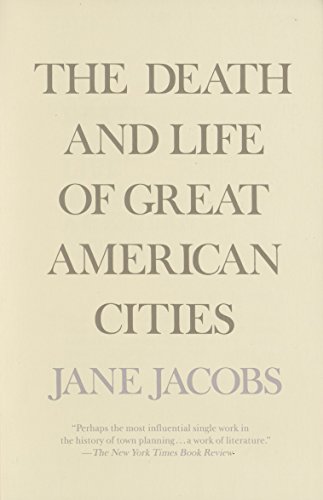
1
An eye opening introduction to how cities work, how they thrive and die, and how to preserve them. Also, a very convincing case for attrition of automobiles and a return to rail transit.
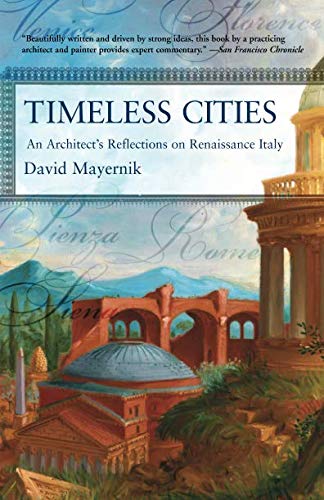
2
A missive on the liturgical aspects of cities. How these elements can be revived in the life of modern cities and attach citizens to their locales.
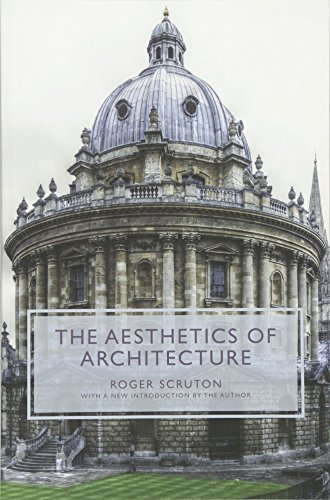
3
An architectural argument against negative space and meaning, and for building on tradition in the places that are ours.
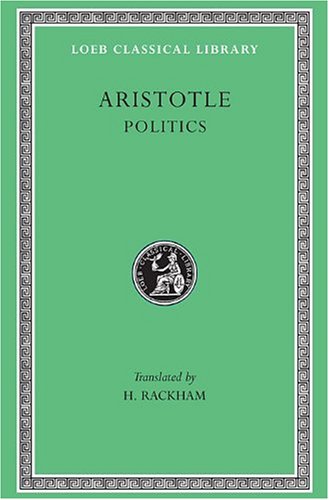
4
There are very few bones in this work; the meat is like Egyptian honey: timeless.
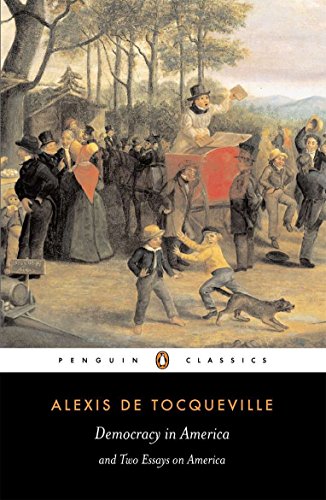
5
A frenchman psychoanalyzes a nation. This book was incredibly illuminating. If you want to understand America, read Tocqueville. We haven't changed very much.
© Five Books 2026